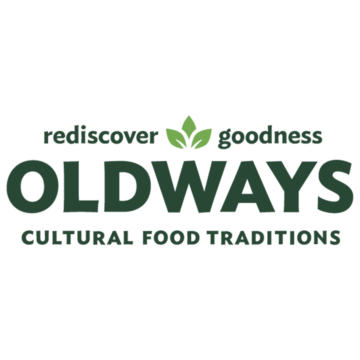Before chocolate, before bread, and before butter, there was cheese. There is evidence of cheesemaking at cow and sheep dairies in ancient Mesopotamia (c. 7000 B.C.E.), cheese remnants in an ancient Egyptian tomb (c. 3000 B.C.E.), and cheese trade in ancient Rome and Greece. Cheese was a source of protein and other nutrients that helped these civilizations make it through the winter months. Today, cheese is still an important part of the Mediterranean diet.
When we talk about cheese, we mean traditional cheese, cheese that is made from milk, natural cultures and not much more. Today, there are many pre-packaged processed cheese products with various chemical additives, preservatives, and hydrogenated oils on the market. These cheeses lack the same flavors and health benefits that “real cheese” has. According to Max McCalman in his book Mastering Cheese, “real cheeses are a holistic, integral reflection of local history, geography, and social structure.” Indeed, the diversity of textures and flavors of artisan cheese is infinite.
Cheese supplies many valuable nutrients including protein, calcium, phosphorus, vitamin A, vitamin B2, and vitamin B12. In fact, a 3.5 oz piece of hard cheese contains about twice as much protein as an egg. There is some concern about the fat content in cheese, but recent studies indicate that the saturated fats in dairy may be beneficial for our health. Our resident registered dietitian reviewed some of them in our Health and Nutrition paper.
The key is to enjoy cheese in moderation. The Mediterranean diet emphasizes savoring small amounts of cheese, alongside plenty of fruits, vegetables, and whole grains. When you buy quality cheeses like those listed below, you will likely buy and eat less because you pay for the attention and care that goes into making them.
We’ve selected six cheeses to touch on the diversity of cheese making in the Mediterranean. Many of these cheeses have legally protected names linked to where and how they have traditionally been produced. These are known as Protected Designation of Origin, or P.D.O. cheeses. For example, only certain cheese makers in certain provinces in Italy can call their cheese “Parmigiano-Reggiano.” We encourage you to explore the world of cheese and invigorate your taste buds.
You might have noticed that several of these cheeses are raw-milk (not pasteurized) cheeses. The U.S. currently bans the sale of all raw-milk cheeses if they are aged less than 60 days. Many of the original cheeses are simply unavailable to us state-side. Other countries, such as England and France, celebrate their raw-milk cheeses as a part of their cultural heritage. The Cheese Coalition, an Oldways program, supports the production of artisan, traditional, and raw-milk cheese. We work to preserve long-honored cheesemaking traditions and to ensure people everywhere continue to have the freedom to choose their cheese of choice.
The Coalition also supports cheesemakers that use time-honored cheesemaking techniques using pasteurized milk. There are plenty of delicious cheeses out there that are not made with raw milk. We encourage you to try both types and learn more about the health benefits of raw-milk cheeses. Both types are an important part of the Mediterranean diet and a healthy lifestyle. Read on for a few of our recipe ideas.
Click on a title below to go to the recipe.
|
|
|
This great summer dish is not really a recipe, since all of the ingredients are added according to taste and sight. In other words, if it looks like a nice, balanced combination of all of the ingredients and it tastes great, it’s ready! Recipe courtesy of Susan Kron for The Oldways Table. Photo courtesy of Oldways. |
|
|
|
Radicchio Soup with Parmigiano-Reggiano
Like most Italian dishes, this soup is simple to make and relies on a few quality ingredients for a great taste. The rich, slightly sweet flavor of Parmigiano-Reggiano pairs perfectly with radicchio, a bitter, leafy, Italian chicory. Recipe courtesy of Nancy Radke, from The Seasons of Parmigiano-Reggiano. |
|
|
|
Roasted Pepper and Halloumi Wraps If you love halloumi – and how could you not – you will love this Mediterranean vegetable wrap. Grilling slices of halloumi gives the cheese an incredible flavor that is hard to forget. Recipe adapted from BBC Good Food Magazine. |
This article was original published as part of Fresh Fridays is a bi-weekly celebration of Mediterranean eating and living.

 Oldways
Oldways





